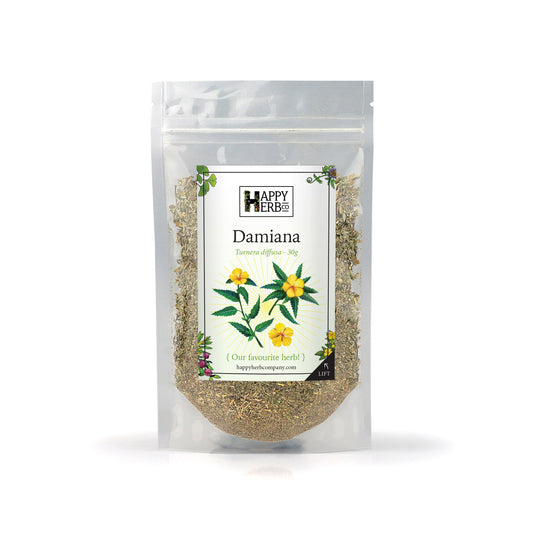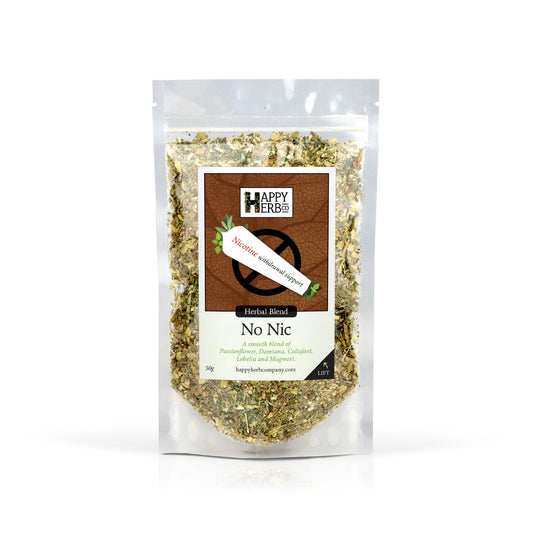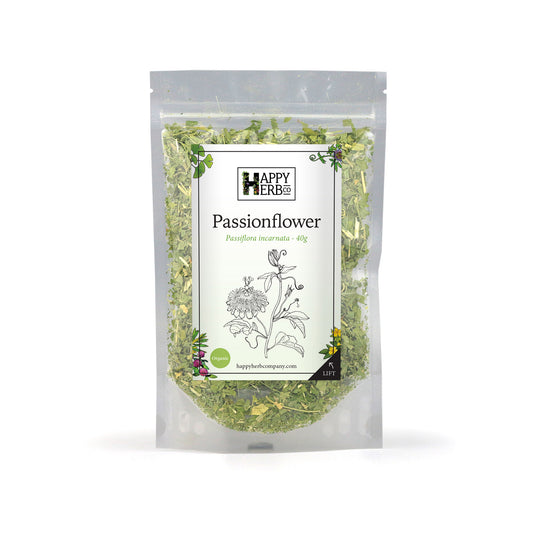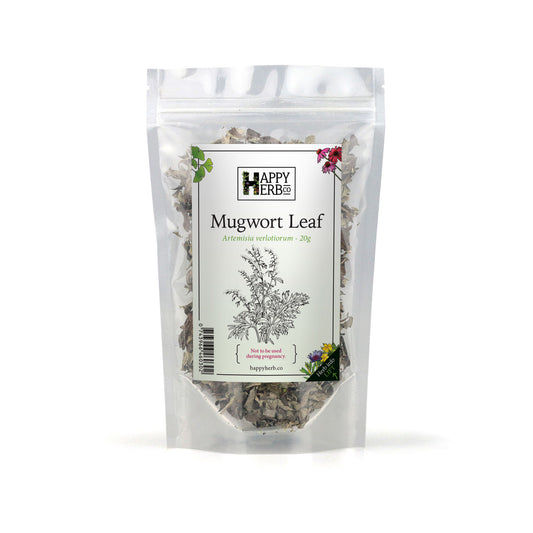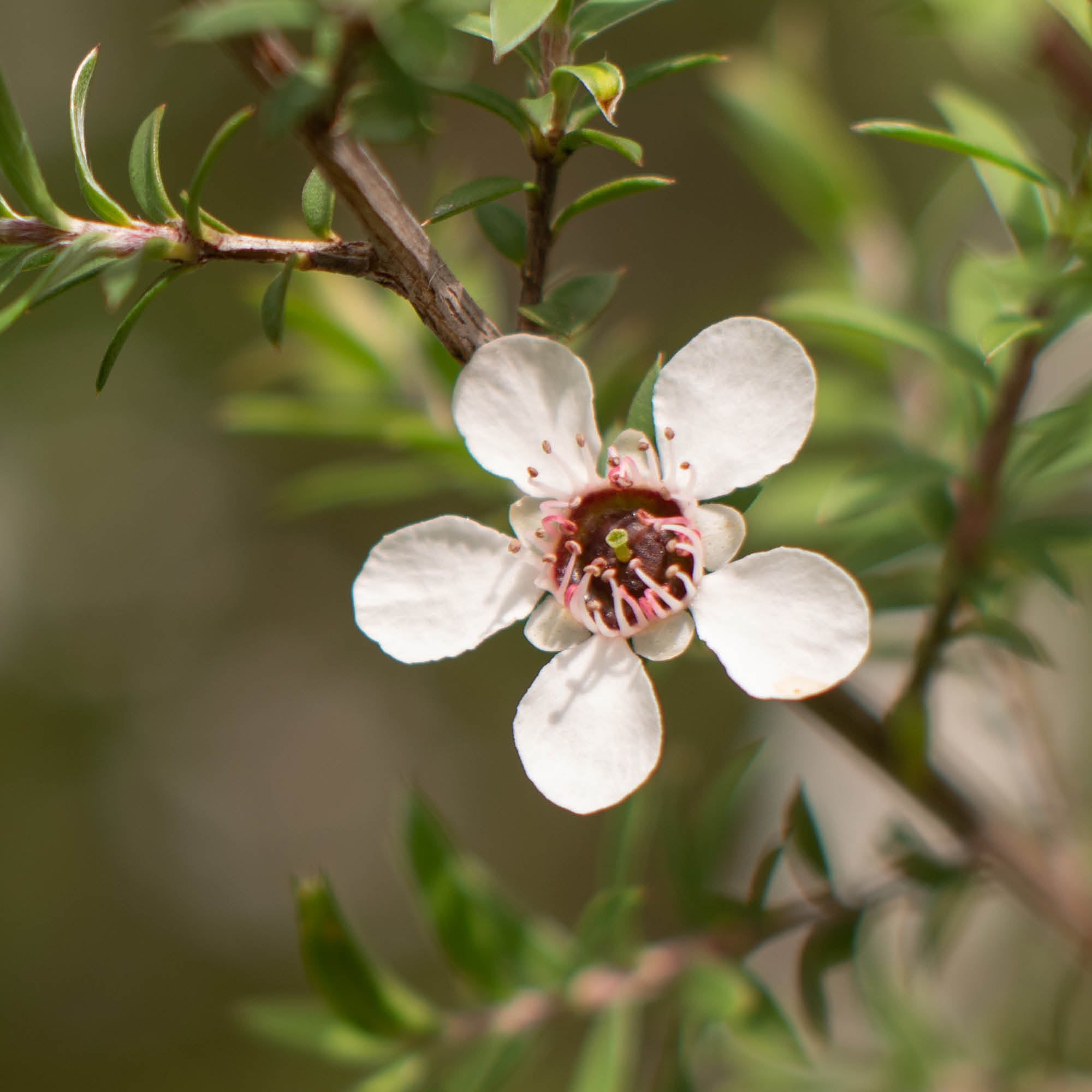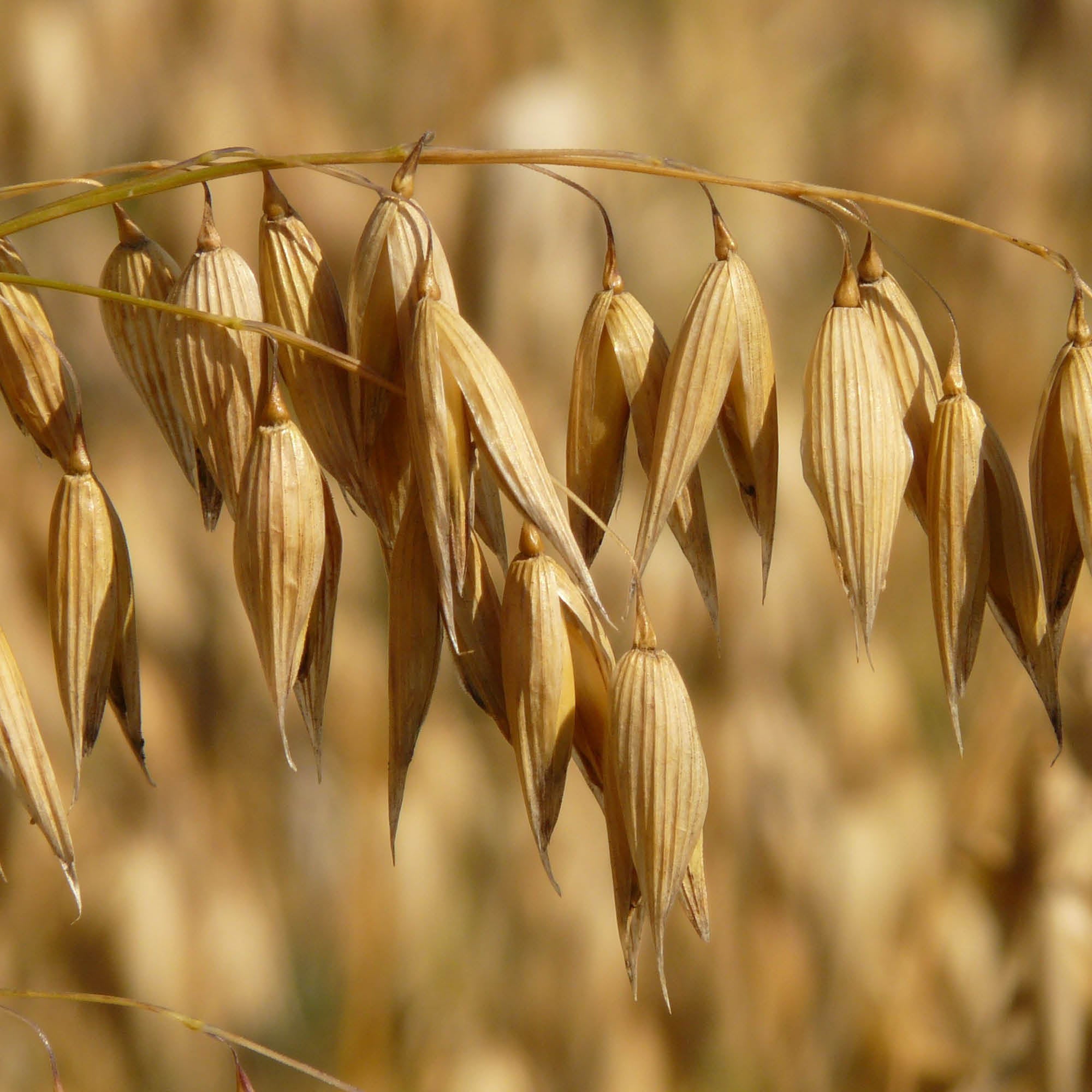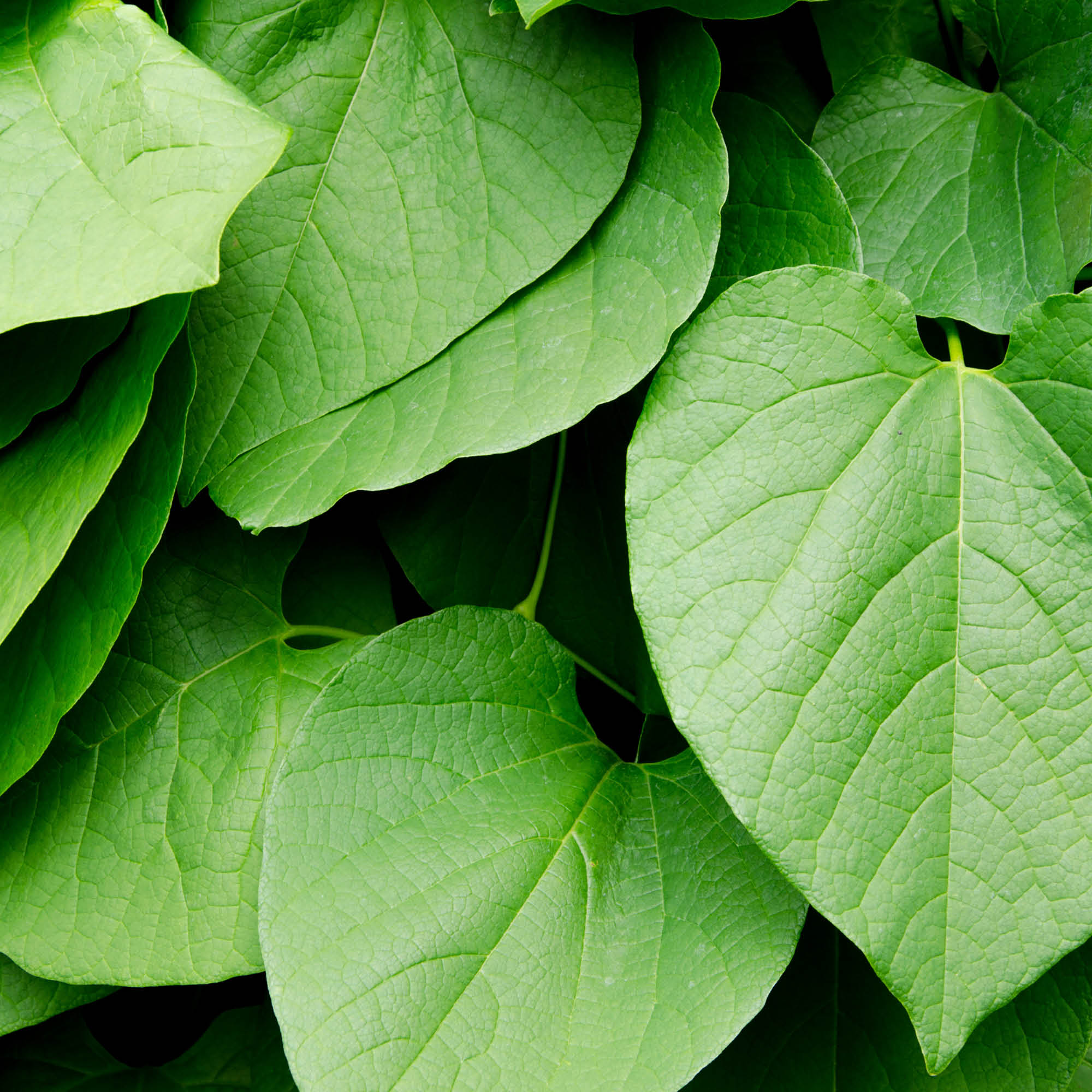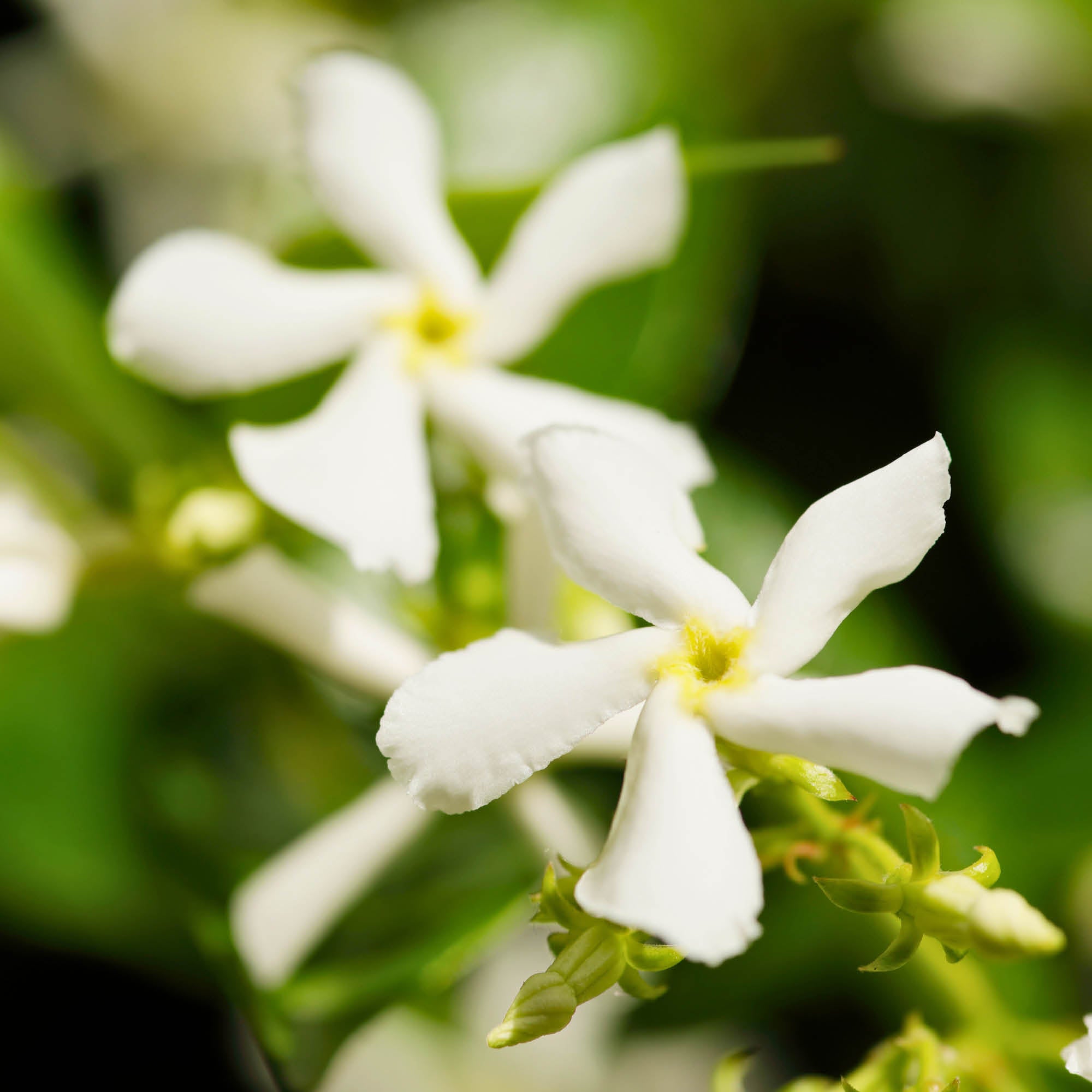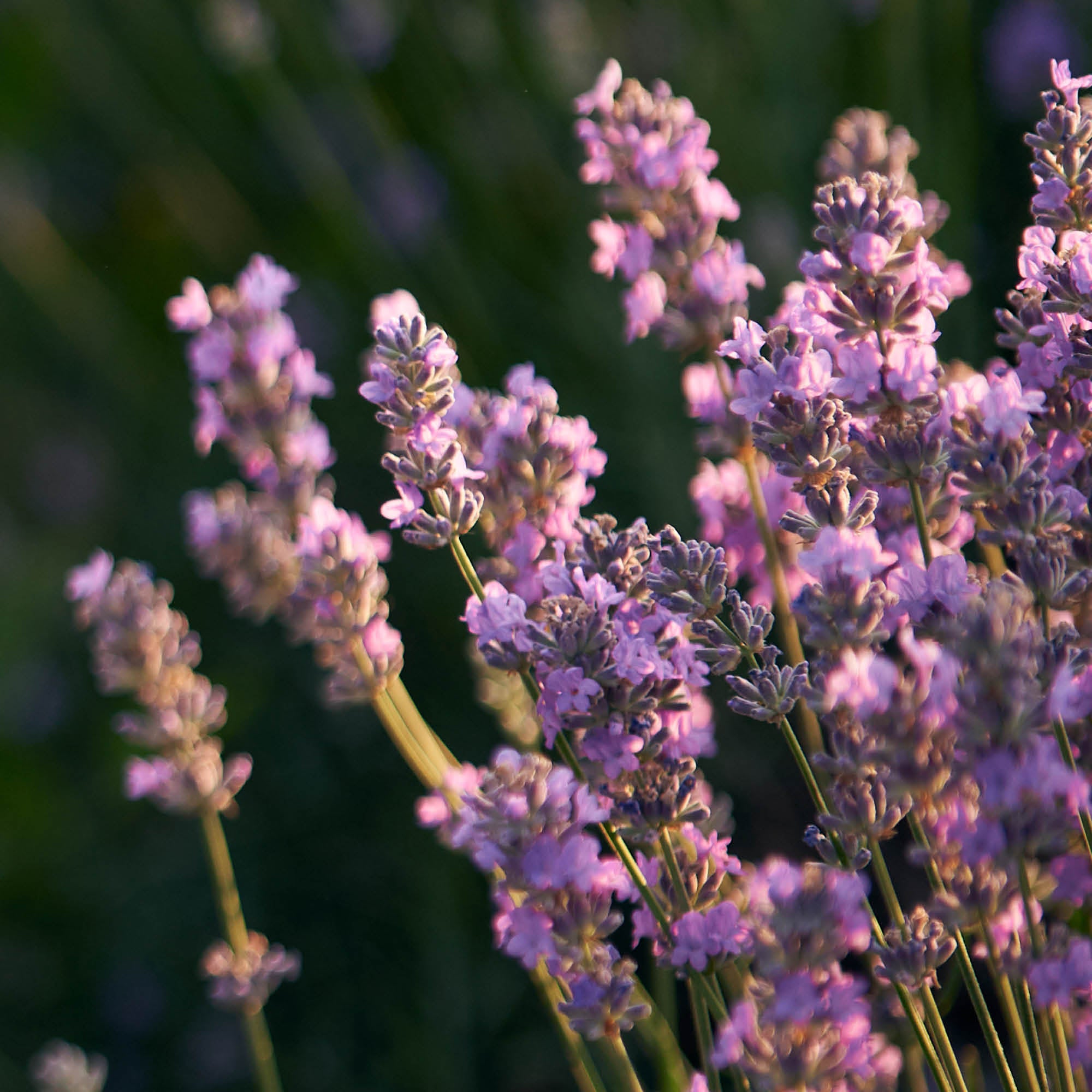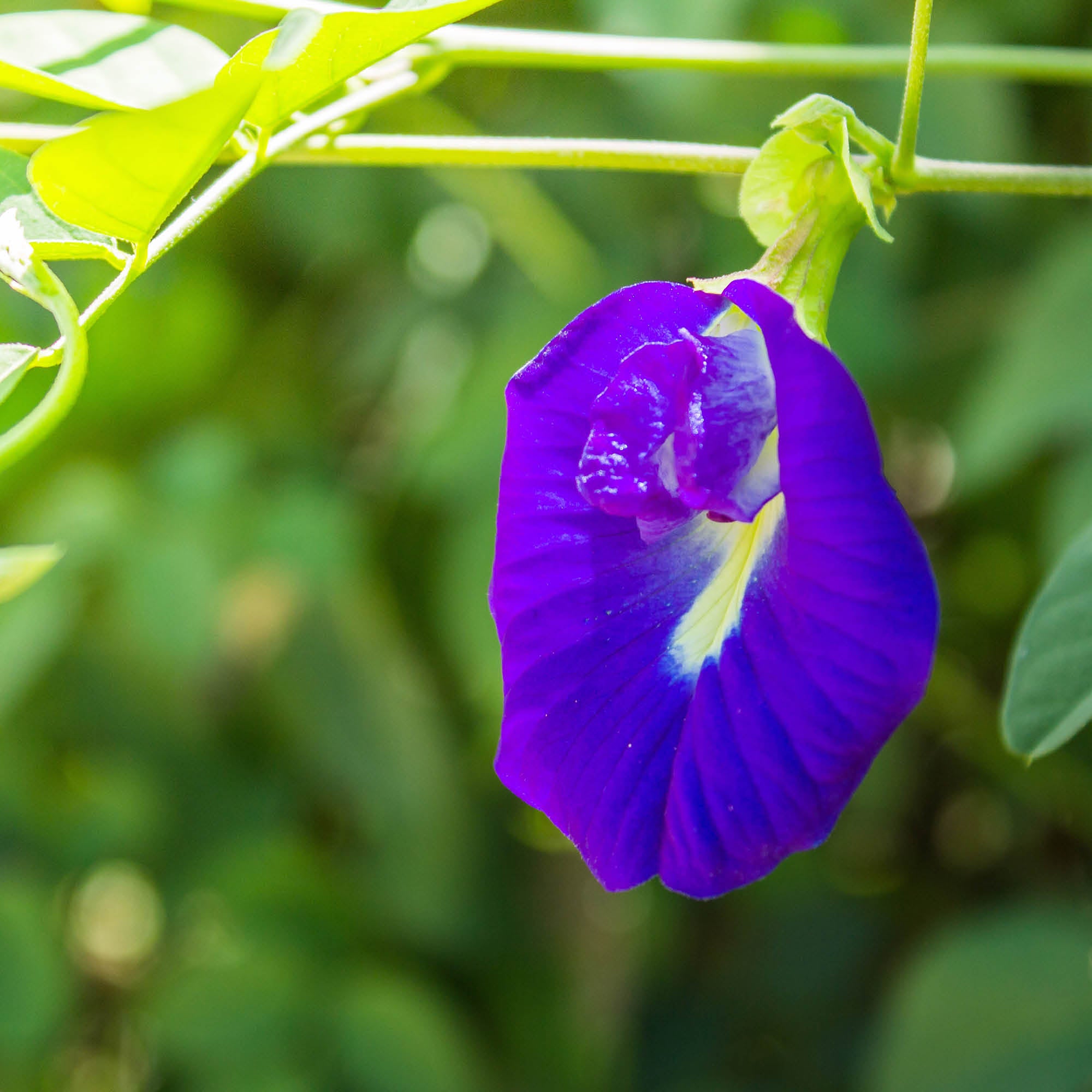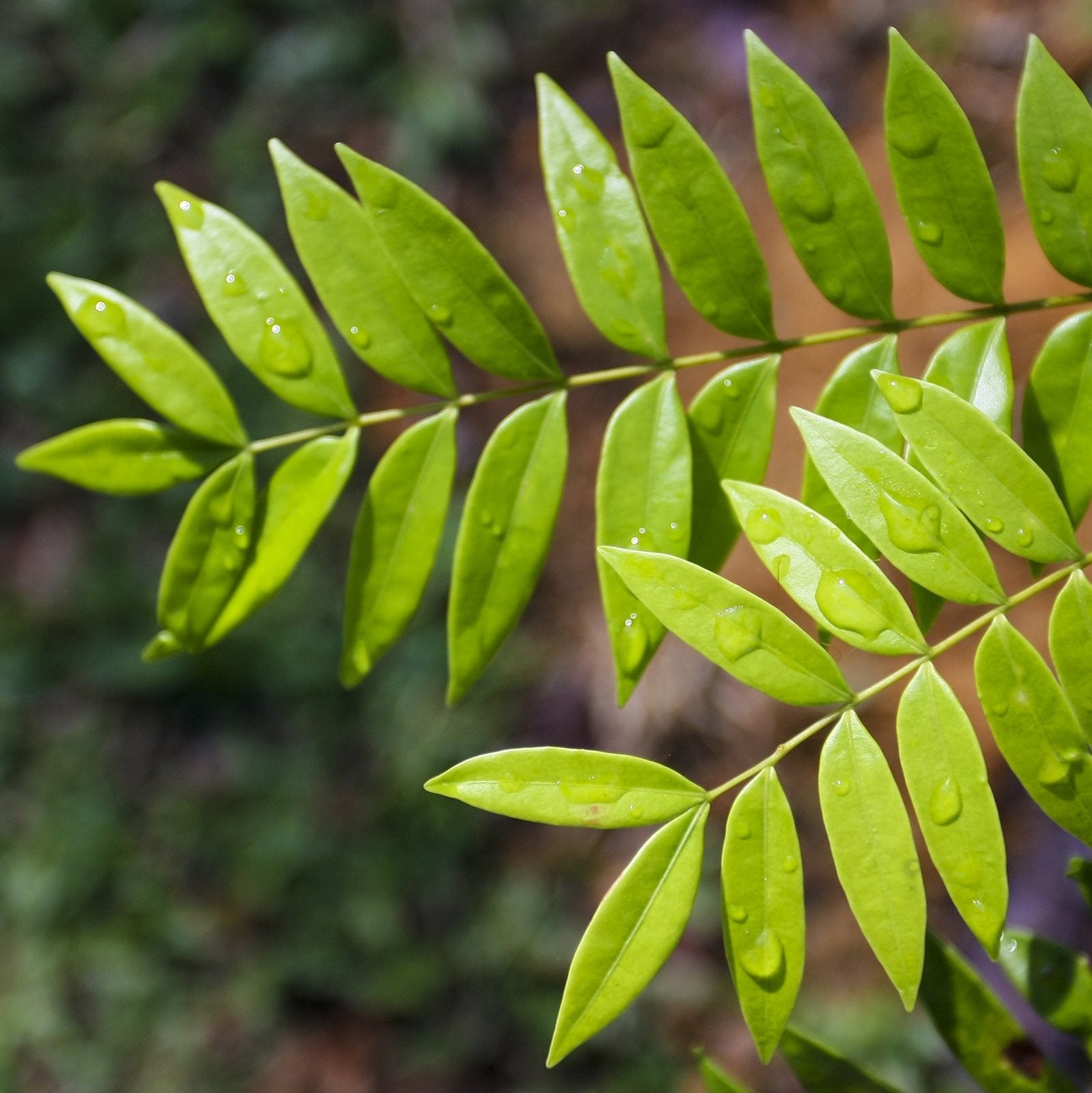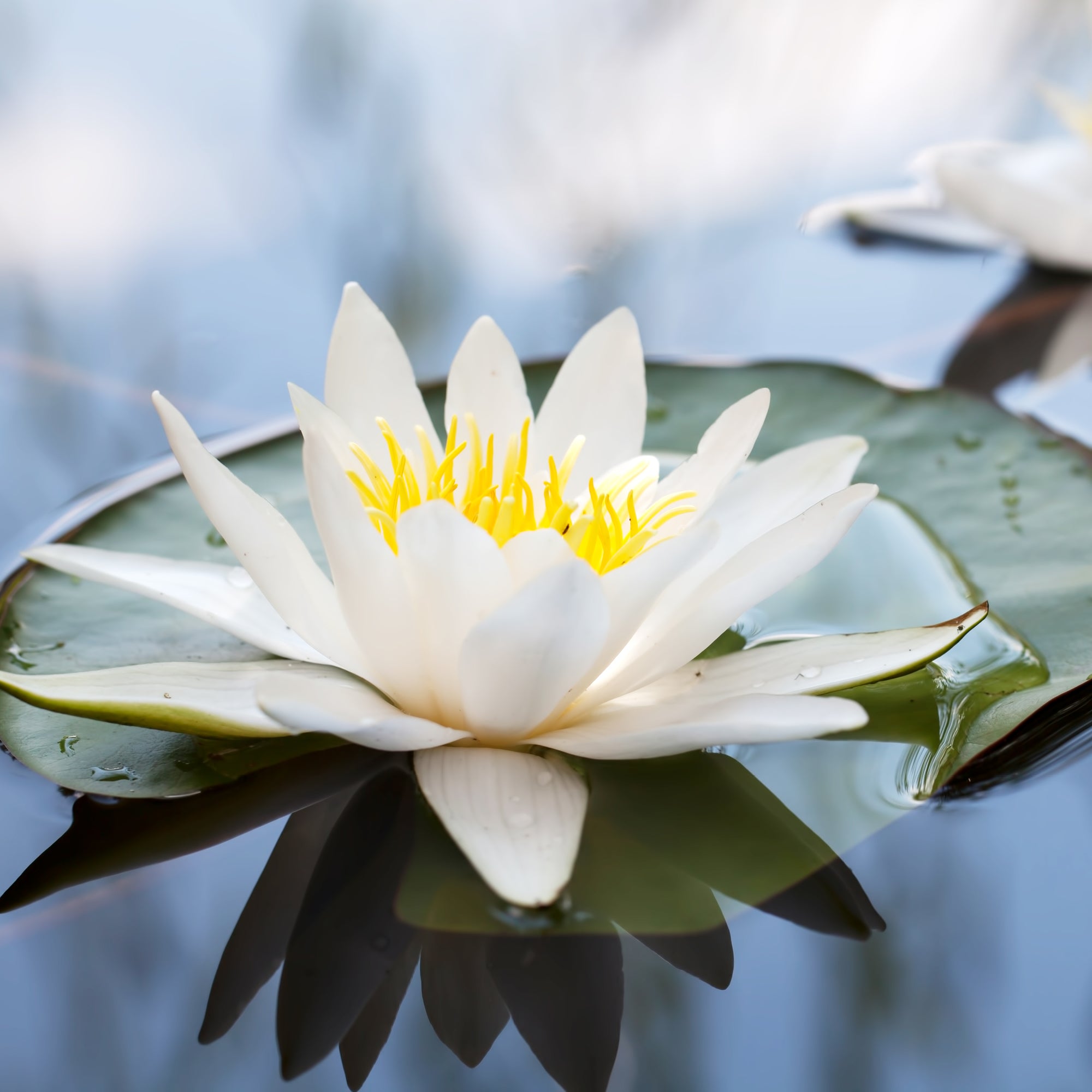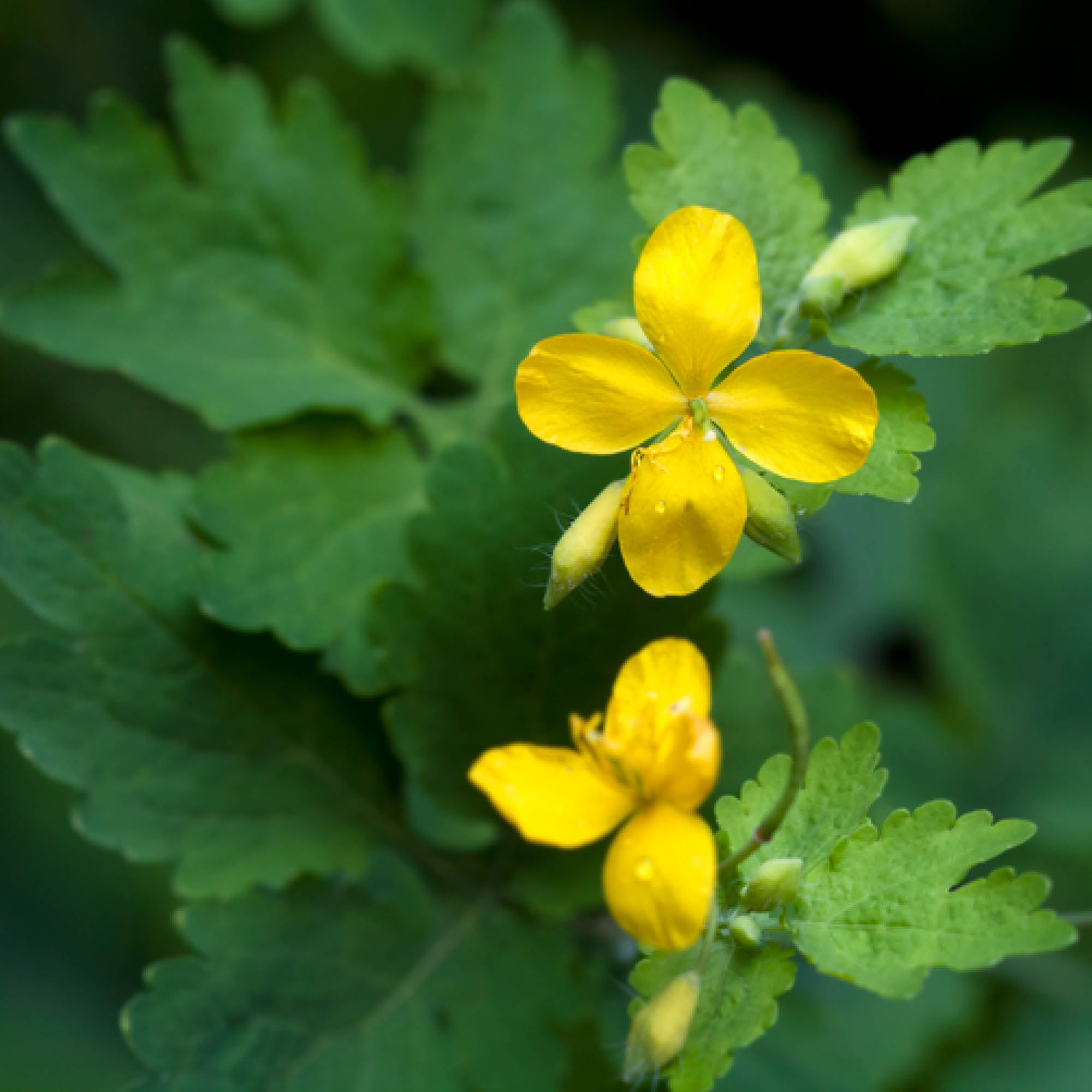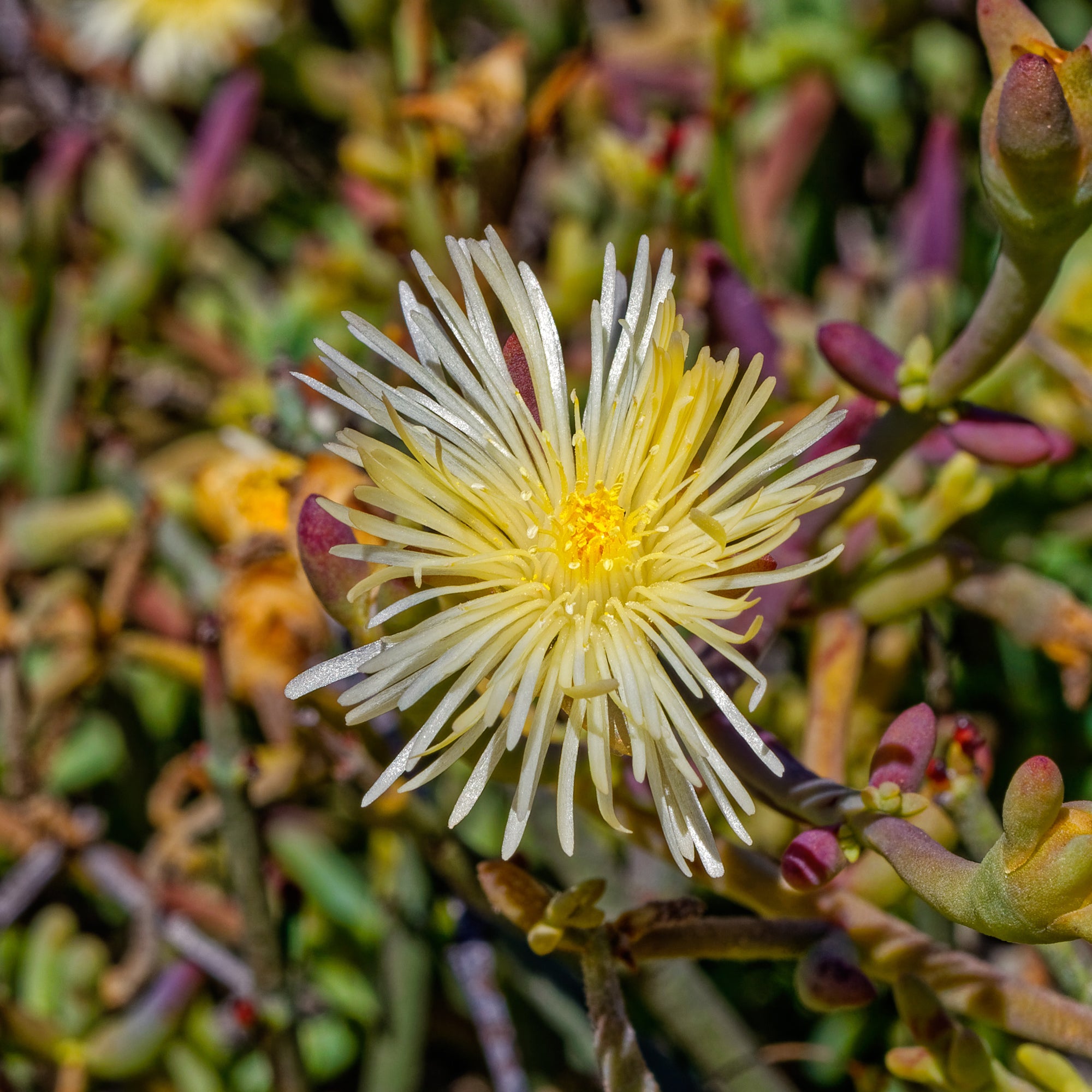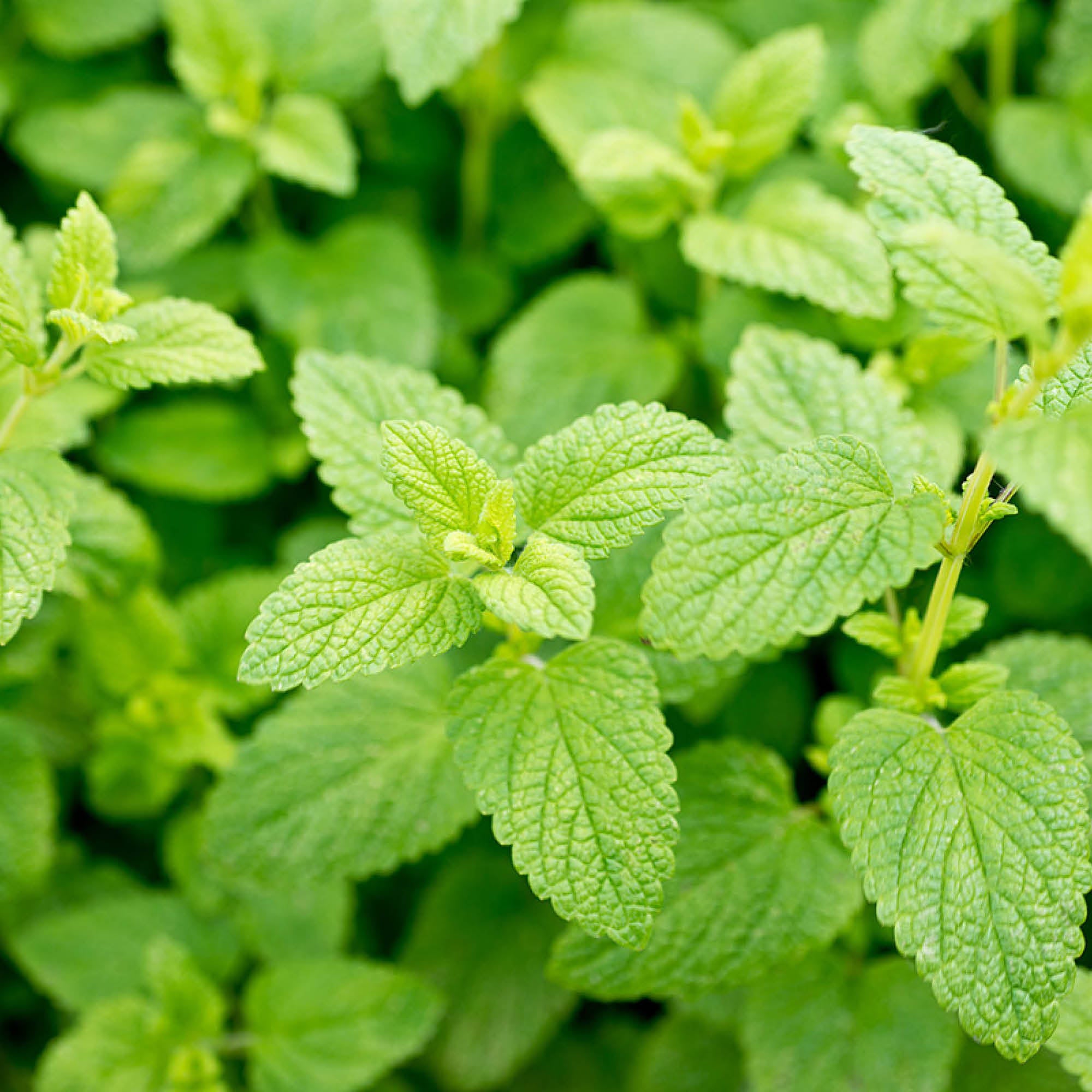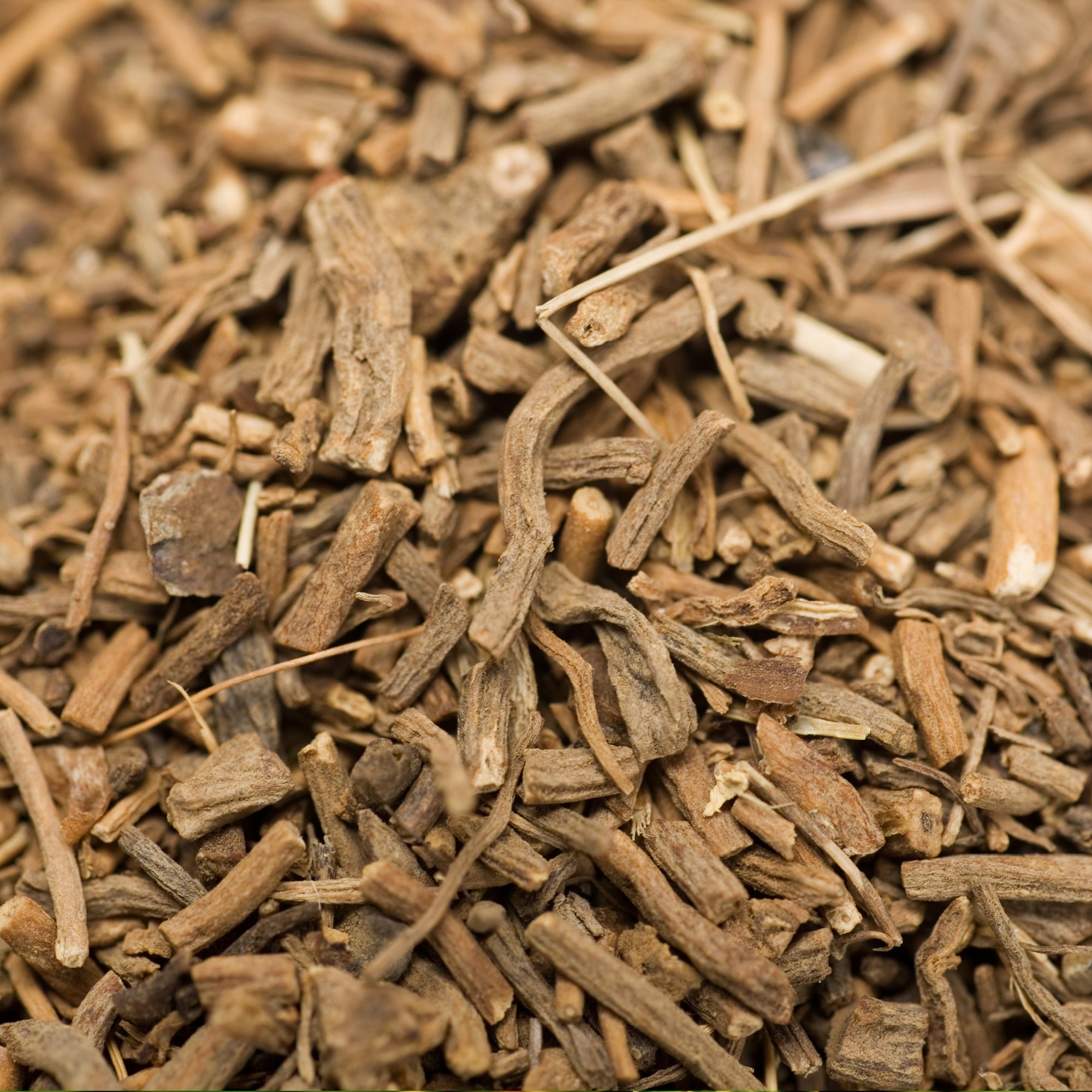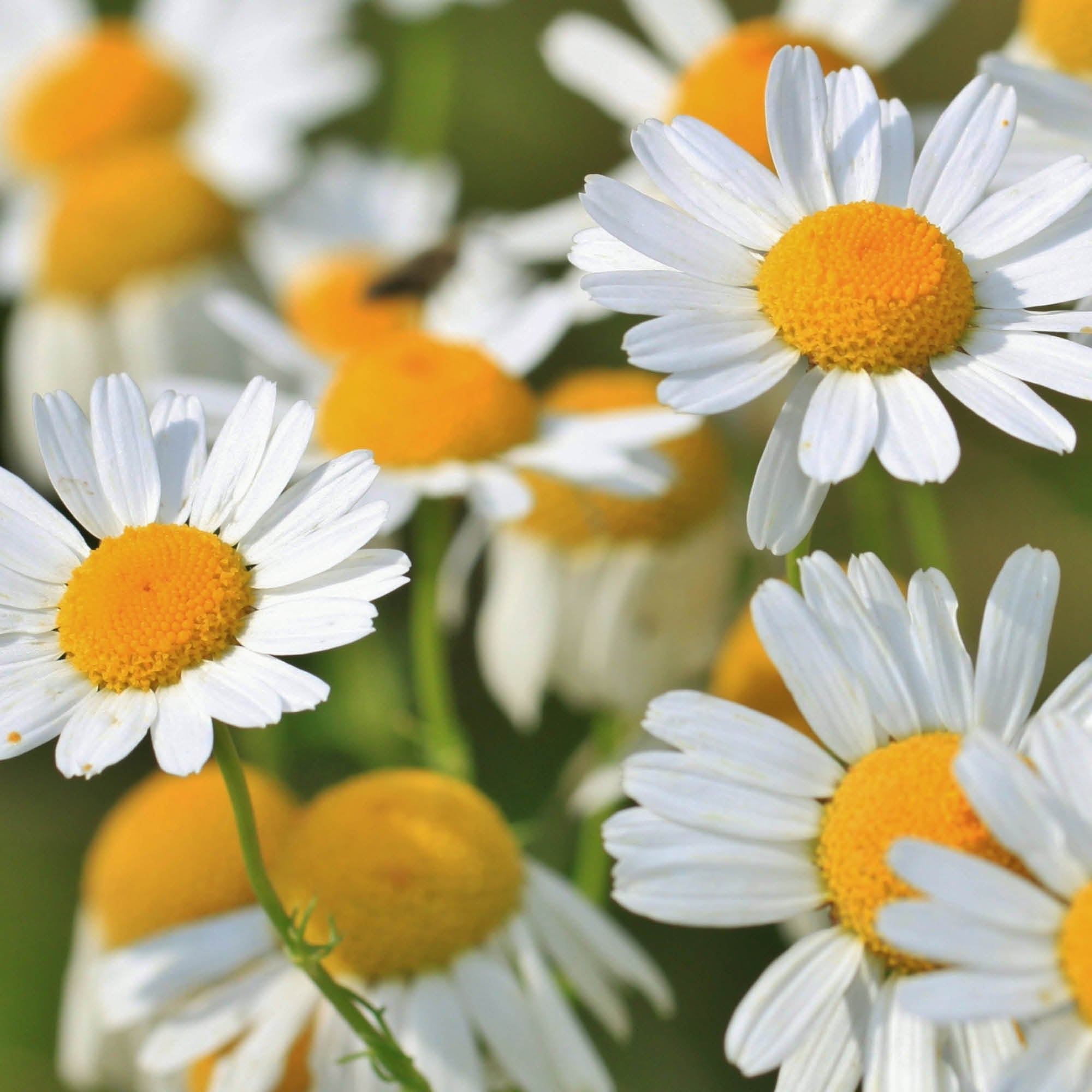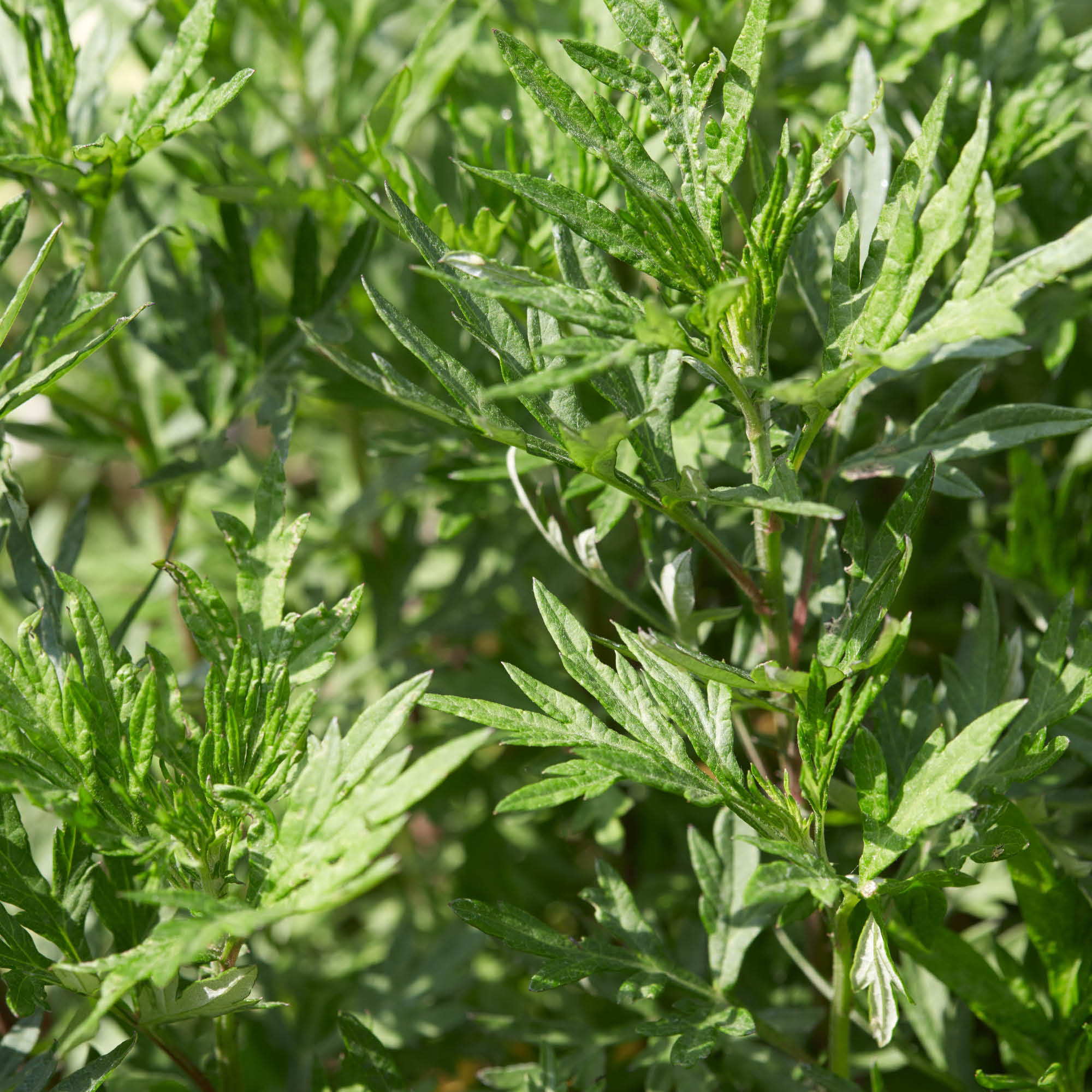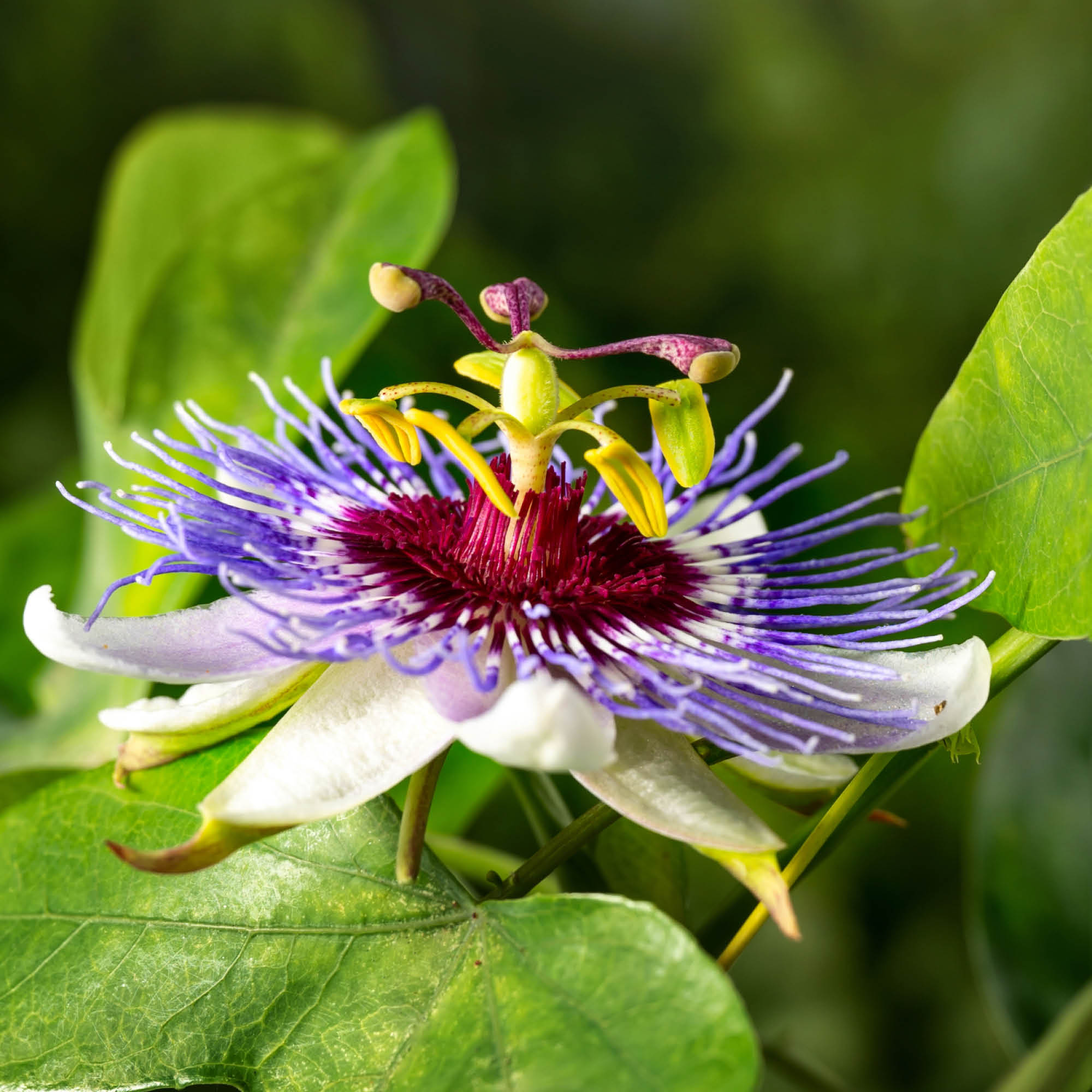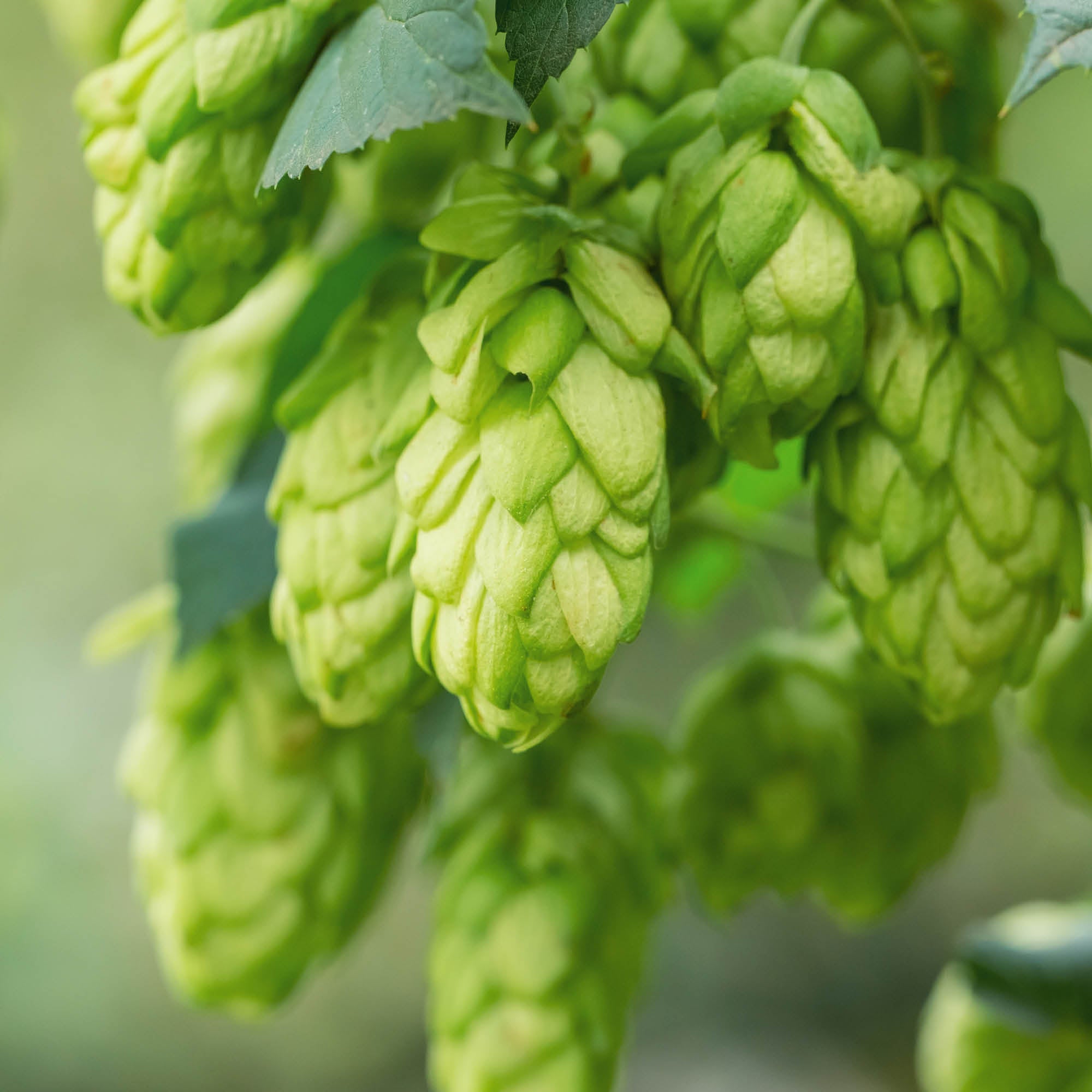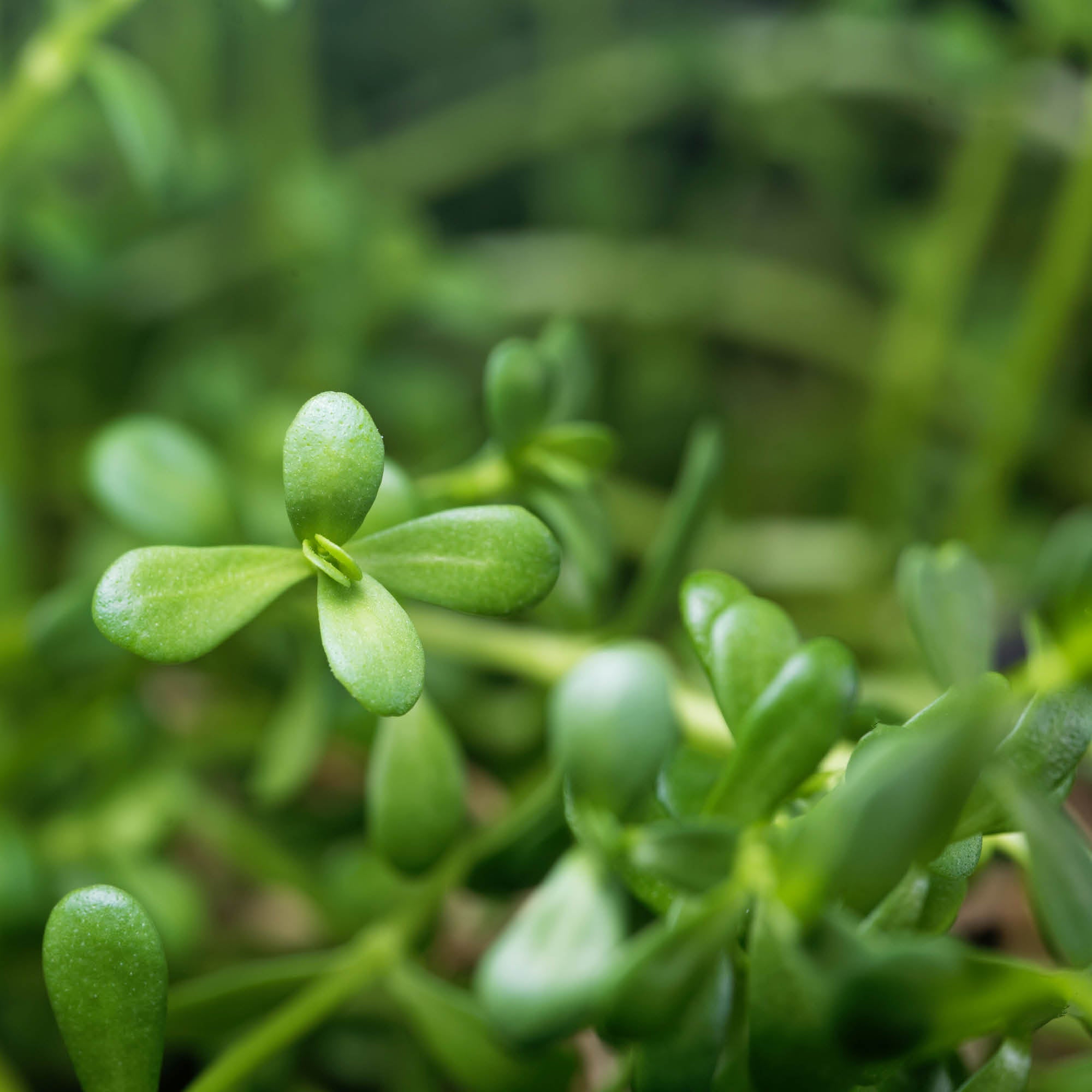Herbal Action
Anxiolytic (Anti-Anxiety)
-
What it does
Reduces anxiety and panic.
-
General indications
Panic attacks, anxiety. Symptomatic treatment only.
Shop
Shop our Anxiolytic (Anti-Anxiety) Herb Range
-
Passionflower
Vendor:Happy Herb CoRegular price From $17.50 AUDRegular priceUnit price / per -
Mugwort Leaf
Vendor:Happy Herb CoRegular price From $15.00 AUDRegular priceUnit price / per
Explore Anxiolytic (Anti-Anxiety) Herbs
Anxiolytic (Anti-Anxiety) Frequently Asked Questions
Have a question we haven't answered yet? Get in contact with us here.
Are there any side effects or risks of taking Blue Lily?
Are there any side effects or risks of taking Blue Lily?
It’s generally considered safe in moderate amounts. Possible side effects include dizziness, nausea, or drowsiness, especially when taken with alcohol or sedatives. Avoid during pregnancy or while driving.
Are there herbs backed by science for depression?
Are there herbs backed by science for depression?
Yes. St. John’s Wort has the strongest research support among herbs for mild-to-moderate depression. Rhodiola, Ashwagandha, and also show evidence of stress and mood modulation, albeit with fewer clinical studies. Saffron has growing clinical evidence for improving mood and reducing depressive symptoms, while Lemon Balm may support mild anxiety and emotional balance, indirectly lifting mood.
Are there side effects or herb–drug interactions?
Are there side effects or herb–drug interactions?
Yes—herbs can pose risks or interact with medications:
- St. John’s Wort can reduce effectiveness of birth control, antidepressants, warfarin, and other drugs.
- Kava carries risks when mixed with sedatives, alcohol, or antipsychotics.
- Even seemingly benign herbs like chamomile may have blood-thinning effects with warfarin.
Always check for interactions and consult a qualified practitioner, especially if taking other medications.
Do herbal mood enhancers provide long-term benefit?
Do herbal mood enhancers provide long-term benefit?
Herbs may support short-term mood and stress relief and complement coping strategies—but they are not a substitute for underlying care like therapy, medication, or lifestyle adjustments (e.g., better sleep, nutrition, exercise). Addressing root causes remains essential for sustainable mental health. Adaptogens such as Ashwagandha, Rhodiola, and Schisandra may offer longer-term benefits by helping the body adapt to stress and regulate cortisol, supporting resilience over time.
Which herbs should I use for anxiety?
Which herbs should I use for anxiety?
For anxiety support, some of the best herbs include calming nervines which directly soothe the nervous system to reduce anxiety and promote relaxation, and adaptogens which help the body build long-term resilience to stress and balance overall mood and energy.
Some of our favourite herbs for anxiety include:
- Passionflower: Calms nervous tension and supports restful sleep.
- Lemon Balm: Gently uplifts mood and soothes the digestive system.
- Chamomile: Provides gentle relaxation and eases irritability.
- Kava: Deeply relaxes and helps with social anxiety (use cautiously).
- Skullcap: Supports nervous system recovery and eases mental overwhelm.
- Damiana: Uplifts mood, reduces social anxiety and opens the heart
- Blue Lily (Blue Lotus) – Mildly euphoric and heart-opening
- Ashwagandha: Builds long-term resilience to stress and balances adrenal function.
- Tulsi (Holy Basil): Uplifts mood and promotes emotional balance.
- Rhodiola: Energizes while reducing stress-related mental fatigue.
Choosing the right herb depends on your specific anxiety symptoms—whether you need gentle calming, mood support, adrenal balance, or social ease.
What are the best herbs for anxiety attacks?
What are the best herbs for anxiety attacks?
For anxiety attacks—which come on suddenly and feel intense—fast-acting herbs that calm the nervous system and ease panic are most effective. Here are some of the best ones:
- Kava – One of the strongest herbal relaxants. Calms the mind and body quickly, making it ideal for acute anxiety or panic. Best used occasionally. We recommend our Instant Kava for quick & easy preparation.
- Passionflower – Soothes racing thoughts and tension. Great for calming the nerves during high-stress moments or before bed. We recommend our Passionflower 1:2 Liquid Herb for ease of use & quick absorption.
- Skullcap – Eases sudden nervous tension, restlessness, and twitchy muscles. Can help slow mental spiraling. We recommend our Skullcap 1:2 Liquid Herb for ease of use & quick absorption.
- California Poppy – A gentle sedative that reduces emotional overwhelm and physical symptoms like a pounding heart or tight chest.
- Lemon Balm – Quick-acting and soothing for both the mind and digestion. Ideal when anxiety causes stomach upset or shakiness. We recommend our Lemon Balm 1:2 Liquid Herb for ease of use & quick absorption.
- Lavender – Both aromatherapy and internal use can rapidly calm the nervous system and reduce panic symptoms.
- Rescue Plus (Bach Flower Essence + Australian Bush Flower Essence) – Not an herb, but a classic fast-acting flower essence blend many find helpful in moments of crisis.

